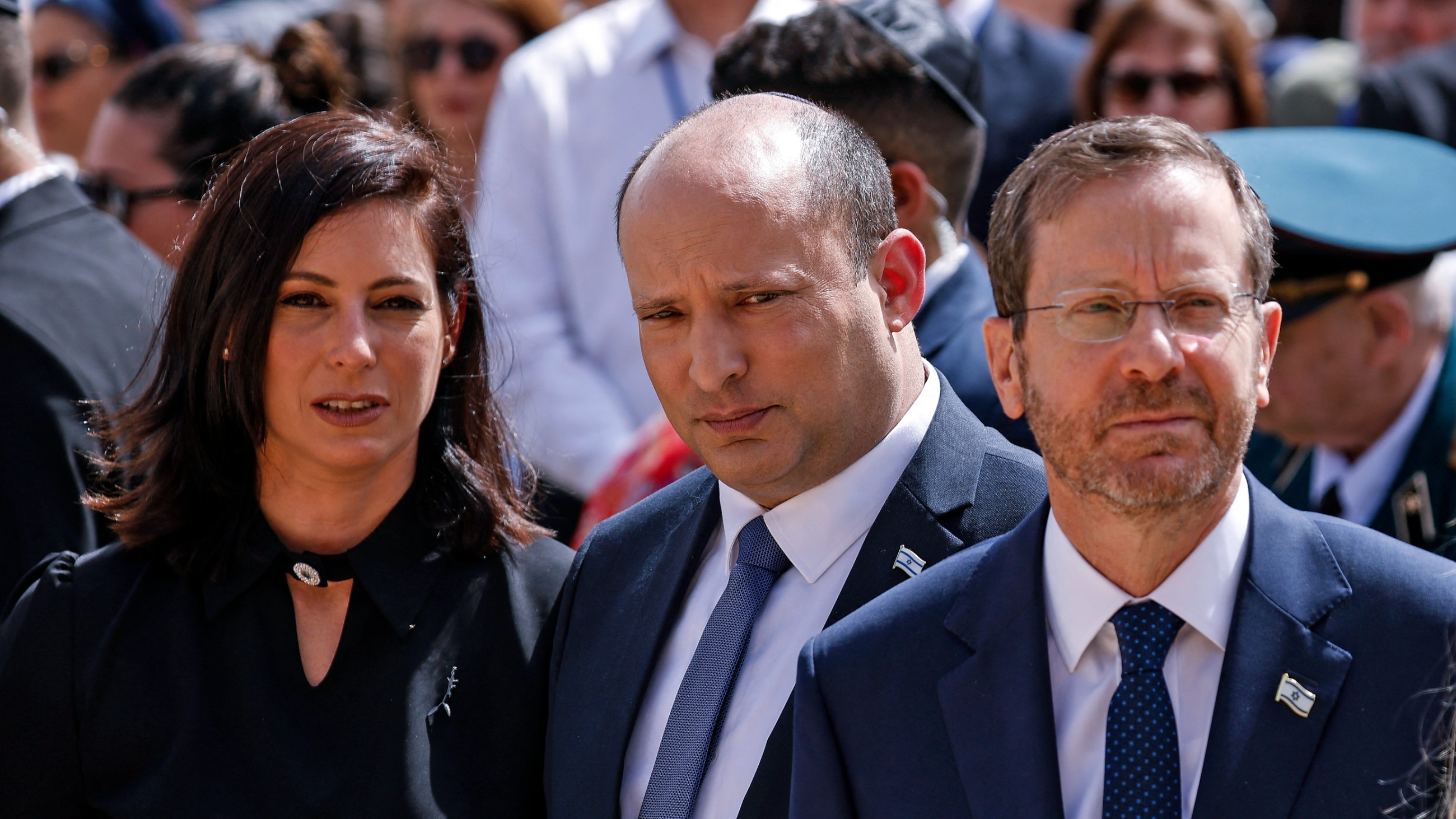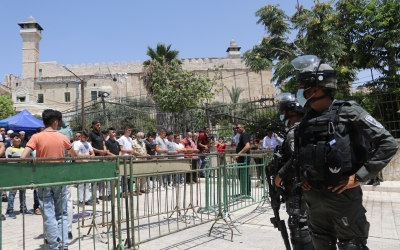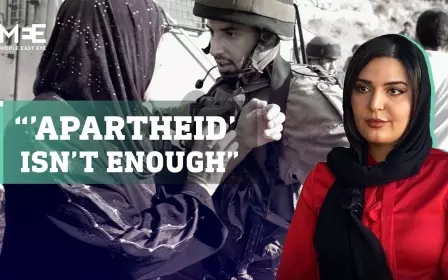Israeli press review: PM Bennett gets two death threats in two days

Bennett's family receives second death threat
Israeli Prime Minister Naftali Bennett has received a second death threat in 48 hours.
The post office intercepted a letter sent to Bennett's eldest son on Thursday that contained a bullet, Channel 12 said.
It is the second threatening letter sent to the prime minister and his family, after he received a similar post on Tuesday.
Both letters urged Bennett to resign from office or his family would be "harmed".
New MEE newsletter: Jerusalem Dispatch
Sign up to get the latest insights and analysis on Israel-Palestine, alongside Turkey Unpacked and other MEE newsletters
Details regarding the investigation into Tuesday's threat were placed under a gag order, and police have not released any information concerning the suspects, according to Haaretz.
A statement released by Bennett read: "After receiving a threatening letter that was intended for the prime minister and his family, security officials at the Prime Minister's Office have decided to increase the security detail protecting the prime minister's family."
Top court approves Hebron settlements
On Thursday, the Supreme Court of Israel approved the construction of new settlements in the occupied West Bank city of Hebron, despite violations of regulations, Haaretz and the Times of Israel reported.
The Palestinian municipality and the anti-settlement NGO Peace Now had filed an appeal against the project, which was rejected by the high court.
Filed against an earlier decision by the district court to allow construction to proceed, the appeal argued that the permit for the project exceeded Hebron Old City's building plan and that the defence ministry's civil administration had overreached in pushing it through.
Once finished, the new Jewish neighbourhood in the heart of the Old City will feature 31 residential units, including a six-story building that is expected to be 24 metres high.
Hebron's Old City urban planning limits construction to two-storey buildings with a maximum height of nine metres.
Peace Now said in response that "building a new settlement at the heart of Hebron causes tremendous damage to Israel and contrasts the fundamental values of the government. After the Supreme Court decided to not get involved, the government must act at once to stop the disastrous construction before it's finished".
Hebron is home to roughly 160,000 Palestinians and about 500 Israeli settlers, who live in Jewish-only enclaves heavily guarded by Israeli troops.
Israeli settlements in Palestinian territories are illegal under international law.
Judge had to get consent to speak at human rights event
An Israeli judge was required to obtain consent from the Supreme Court to speak at an event hosted by a human rights group, following complaints from far-right activists, Haaretz reported on Friday.
Supreme Court President Esther Hayut ordered the district court judge Michal Agmon-Gonen this week to apply to the judges' ethics committee before giving a speech at a conference hosted by the Association for Civil Rights in Israel (ACRI).
This came after right-wing activists complained that the ACRI was an "extreme left-wing organisation" and that the conference was political.
According to the activists, the participation of Agmon-Gonen violates the ethical code for judges, who are forbidden from taking part in an event held by a political body.
The ACRI - a leading human rights organisation in Israel - does not define itself as a political entity.
The conference at which Agmon-Gonen agreed to participate is scheduled for next month at Tel Aviv University, where she is invited to speak at the opening session titled: "Social Rights and Social Justice".
A spokesman for Agmon-Gonen said the judge agreed to attend the conference based on the fact that it is an academic conference held at a recognised academic institution.
The Israeli press review is a digest of news reports not independently verified as accurate by Middle East Eye.
Middle East Eye delivers independent and unrivalled coverage and analysis of the Middle East, North Africa and beyond. To learn more about republishing this content and the associated fees, please fill out this form. More about MEE can be found here.





